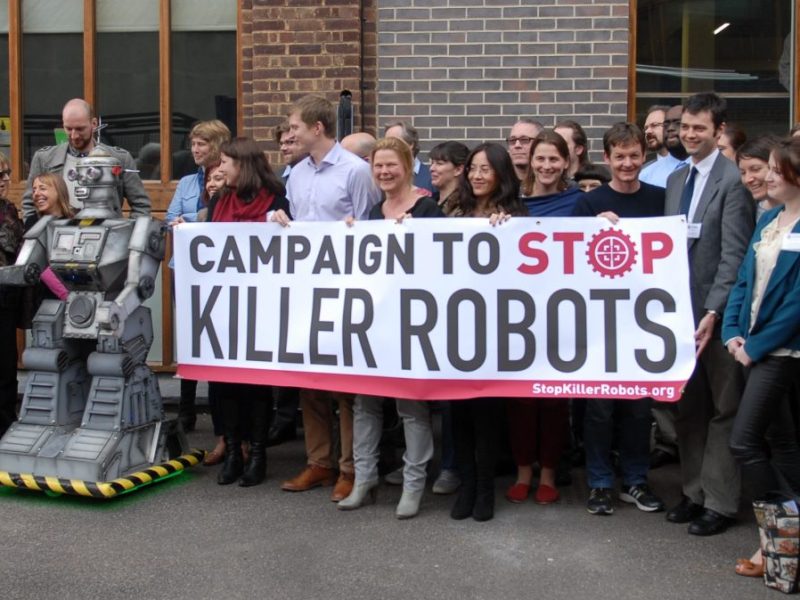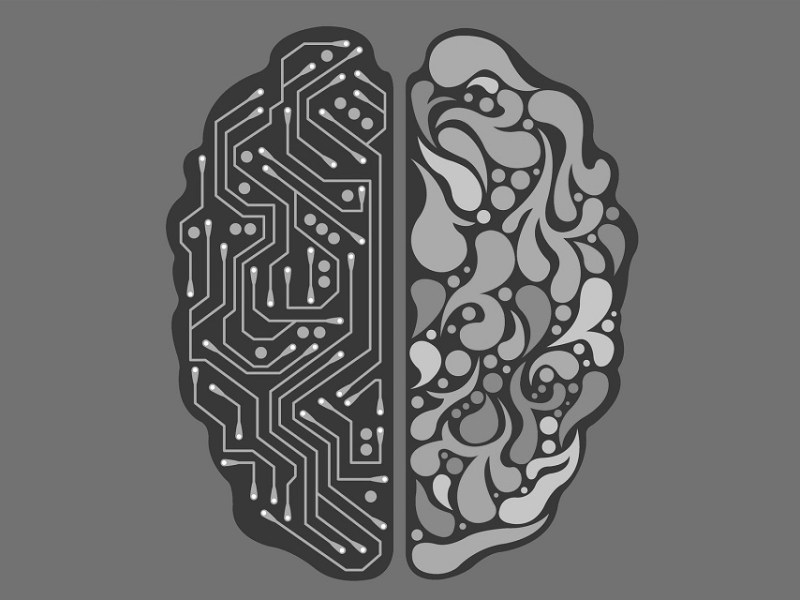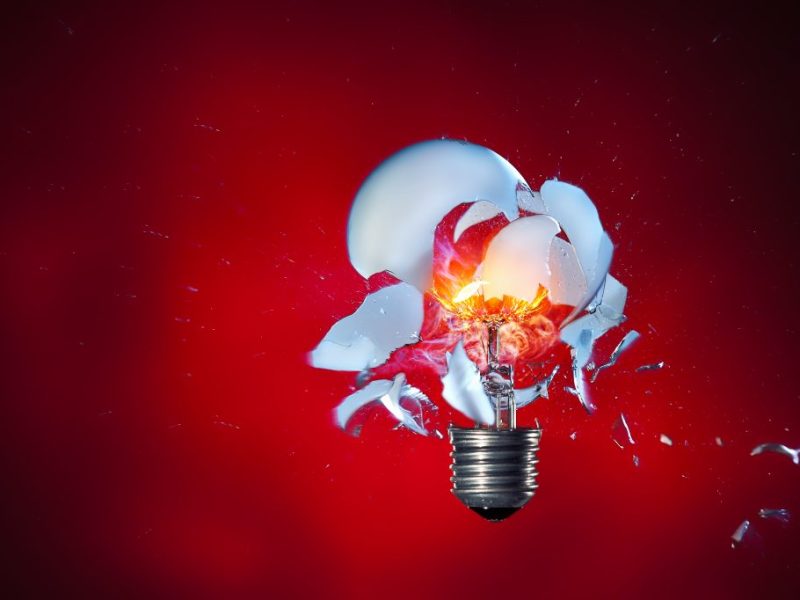
Designing ethically with AI: How Wikimedia can harness machine learning in a responsible and human-centered way
The past few years have seen an explosion of journalism, scholarship, and advocacy around the topic of ethical AI. This attention reflects a growing recognition that technology companies often fail to put the needs of the people who use machine learning (or “AI”) technology, and of society as a whole, ahead of their business goals.….

Mitigating biases in artificial intelligences—the Wikipedian way
The great potential of AI: Scaling wiki-work At Wikimedia, AIs help us support quality control work, task routing, and other critical infrastructures for maintaining Wikipedia and other Wikimedia wikis. To make it easier to support wiki-work with AIs, we built and maintain ORES, an open AI service that provides several types of machine predictions to….

Wikimedia joins Partnership on AI to promote more equitable use of intelligent systems
The Wikimedia Foundation has joined the Partnership on AI, an organization that brings together academics, researchers, civil society organizations, companies building and utilizing AI technology, and other groups working to better understand AI’s impacts. The Partnership on AI brings together both commercial and nonprofit organizations to study and formulate best practices on AI technologies. Their….

Don’t force platforms to replace communities with algorithms
As policymakers increasingly suggest technological solutions to fight illegal and controversial content online, we ask them to consider the rights of internet users and to leave room for the human side of content moderation.

Artificial intelligence service “ORES” gives Wikipedians X-ray specs to see through bad edits
When anyone can edit any page of one of the biggest websites in the world, how can you evaluate all those changes? A Wikimedia Foundation research scientist and a team of volunteers has developed an artificial intelligence service to handle some of the highest-volume crowdsourcing issues on the internet.